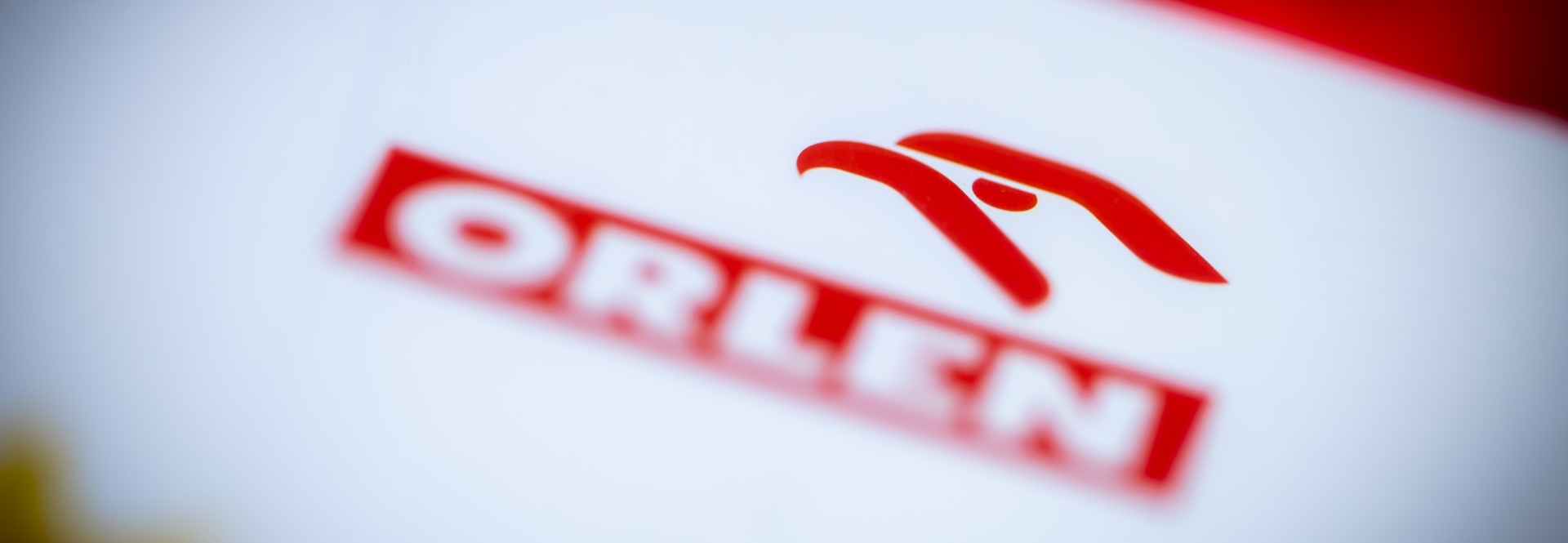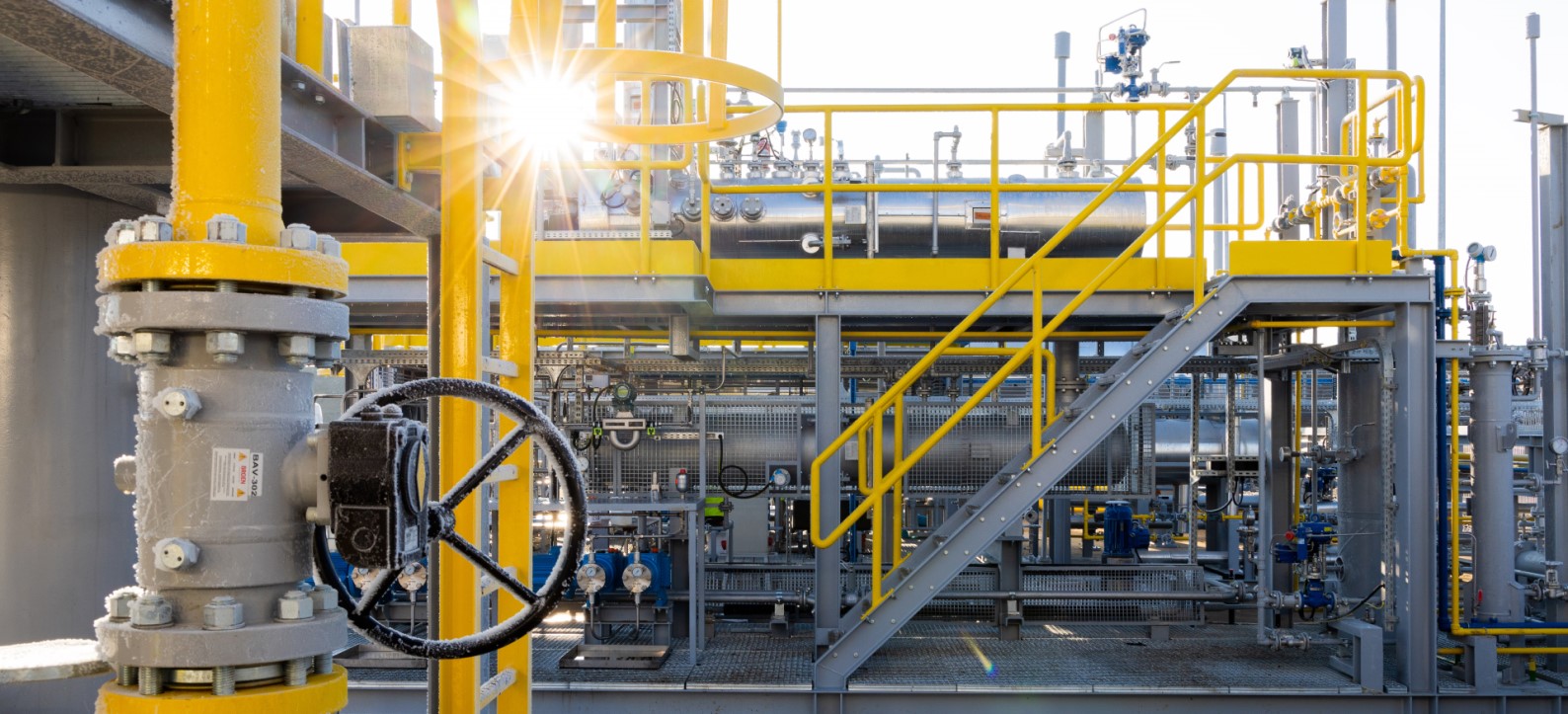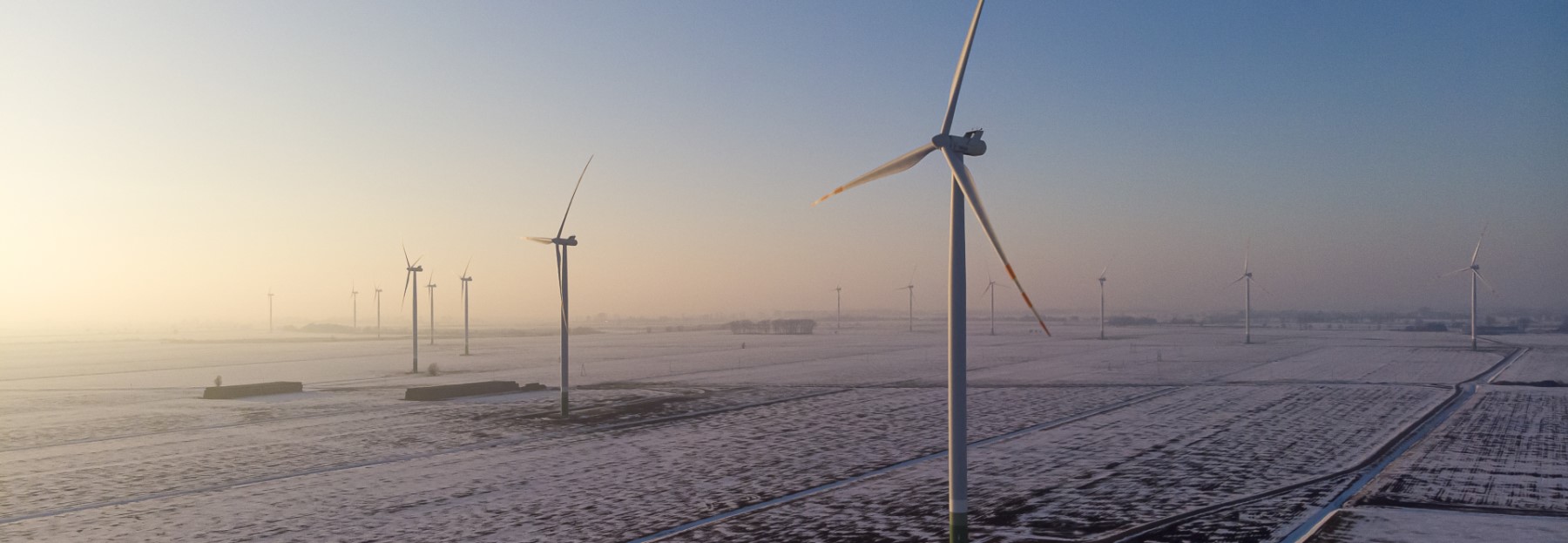ORLEN Group structure
As at December 31st 2021, the ORLEN Group included 106 companies: the parent and 105 fully consolidated controlled companies.
GRI Disclosures:
Capitals:

-
102-3
-
102-4
-
102-5
-
102-6
Polski Koncern Naftowy ORLEN S.A. (“PKN ORLEN”, the “Parent”, the “Company”), together with the companies forming the Polski Koncern Naftowy ORLEN Group (the “ORLEN Group”, the “Group”), is one of the largest and most modern multi-energy companies in Central Europe, with presence on the Polish, Lithuanian, Czech, Slovak, German and Canadian markets. The Group also has entities located in Malta, Sweden, the Netherlands, Hungary, Estonia, Latvia and China.
PKN ORLEN was established on September 7th, 1999 as a result of the merger of Petrochemia Płock S.A. (“Petrochemia Płock”), a producer of refining and petrochemical products in Poland, and Centrala Produktów Naftowych CPN S.A. (“CPN”), a distributor of motor fuels in Poland. Prior to the merger, Petrochemia Płock and CPN were owned by the Polish State Treasury, Nafta Polska S.A. (“Nafta Polska”) and employees of the merged companies. PKN ORLEN shares were listed on the Warsaw Stock Exchange on November 26th 1999. On April 12th 2000, the Company changed its name from Polski Koncern Naftowy S.A. to the present name.
According to the CEE TOP 500 report published by Coface, currently the ORLEN Group is one of the largest corporations in Central and Eastern Europe in terms of revenue. Its revenue for 2021 was in excess of PLN 131 bn. In line with Strategy 2030 adopted in 2020, ORLEN Group’s ambition is to be an active leader of energy transition in Poland and Central Europe. The Group intends to achieve this goal by further development of its multi-utility structure. One of the first steps taken by Group was the acquisition of the Energa Group, one of the largest producers and suppliers of electricity in Poland. A key element of the strategy of building a multi-energy concern is also the currently implemented process of merging PKN ORLEN and Grupa LOTOS as well as Polskie Górnictwo Naftowe i Gazownictwo (PGNiG).
The ORLEN Group companies are engaged in the following types of activity:
- energy (electricity and heat), refining and petrochemical activities, including crude oil processing, and manufacturing of refining, petrochemical and chemical products and semi-finished products;
- trading: distribution and sale of electricity and heat, trade in electricity, wholesale and retail sale of fuels, petrochemicals, chemical and other products;
- services: crude oil and fuels storage, transport, repair and maintenance services, laboratory, security, design, administrative, insurance and finance services;
- hydrocarbon exploration, appraisal and production.
For management purposes, the ORLEN Group’s business is divided into five operating segments:
Energy, Refining, Petrochemicals, Retail and Upstream, which are supported by Corporate Functions

For management purposes, the ORLEN Group’s business is divided into five operating segments: ’Energy’, ’Refining’, ’Petrochemicals’, ’Retail’, Upstream, ’Corporate Functions’ and for the segments’ financial results, see section 5.2. of the Management Board Report on the Operations of ORLEN Group and PKN ORLEN S.A. for the year 2021.
As at December 31st 2021, the Polish State Treasury held 27.52% of shares in the Parent, PKN ORLEN, and was able to exercise significant influence over the company. For the shareholding structure of PKN ORLEN, see section ‘Shares and sharholding structure’.
For a description of the organisational and cross-equity links between the Parent and the ORLEN Group companies, and the applied consolidation methods, see
section 7.1 of the Consolidated Financial Statements for 2021.
-
102-45
Allocation of the Parent and the ORLEN Group companies to operating segments and corporate functions as at December 31st 2021
In line with strategy adopted in November 2020, the ORLEN Group’s key objectives are to be a regional leader in energy transition, develop new renewable power generation capacities, and pursue decarbonisation, while preserving operational efficiency and financial strength in its traditional business segments. Given the prevailing market trends, the ORLEN Group is consistently diversifying its business towards building a multi-energy group. The effective acquisition of the Energa Group in 2020 and continued work on other acquisition targets, such as the merger of PKN ORLEN with LOTOS Group and Polskie Górnictwo Naftowe i Gazownictwo (PGNiG), are part of this process. Recognising the importance of the Retail segment, the ORLEN Group proceeded with expanding its service station chain in Poland and abroad and commenced development of the non-fuel retail segment with the acquisition of the RUCH Group in 2020. The ORLEN Group also seeks to continue its strategic growth in petrochemicals and gas-fired power generation, as well as in new business areas such as new mobility, hydrogen technologies, recycling, R&D and digital transformation.
Effective growth of the ORLEN Group would not be possible without full operational and cost efficiency. The ORLEN Group continually takes steps to improve its management processes, optimise its business model and consolidate its assets. As a result of this strategy, it has consistently strengthened its position on home markets and has been steadily expanding its product range and geographical reach.
To ensure effective management, holding management policies, i.e. solutions designed to achieve Parent-defined shared goals across the ORLEN Group, have been introduced. The holding management concept has been implemented based on the ORLEN Group Constitution, which ensures uniformity of the organisational standards and information exchange rules, as well as effective monitoring of key business decisions. It also identifies the legal basis for creating a consistent strategy within the ORLEN Group. PKN ORLEN’s effective corporate supervision over the ORLEN Group companies relies on ongoing oversight of the Group’s operations based on uniform standards, as well as financial, and formal and legal supervision.
Changes in the Parent’s and the ORLEN Group’s principles of organisation and management
The key changes in PKN ORLEN’s organisational structure and management policies in 2021 included the following:
- Transferring coordination responsibilities relating to EU funding acquisition from the Financial Control, Risk and Compliance Management Office to the Executive Director for Strategy, Innovation and Investor Relations, in line with the ORLEN Group strategy until 2030, which assumes that the share of external funding for projects supporting the Company’s energy transition must be increased. For these reasons, the Company needs to strengthen its focus on securing external funding.
- Establishment of the Public and International Relations Office which reports to the President of the Management Board.
- A change in the function of the Management Board Member for Communication and Marketing, whereby the existing area of the Executive Director for Corporate Communication was replaced with the Corporate Communication Office.
- The Office is expected to strengthen the organisational and institutional framework and enhance the image of the ORLEN Group by building and maintaining strategic relations with public administration stakeholders and diplomatic missions worldwide.
Division of responsibilities of the PKN ORLEN Management Board members as at December 31st 2021
Changes in the composition of the Management Board and Supervisory Board during 2021 and until the publication of this report are described in the ‘Managing and Supervisory Bodies’ section.
There were no material changes in the organisation and management policies of the other ORLEN Group companies in 2021. For information on the existing organisational structure of the ORLEN Group companies and their governing bodies, are presented on PKN ORLEN site.
Changes in cross-equity links
For a description of changes in cross-equity links in 2021, see section 7.2. of the Consolidated Financial Statements for 2021.

